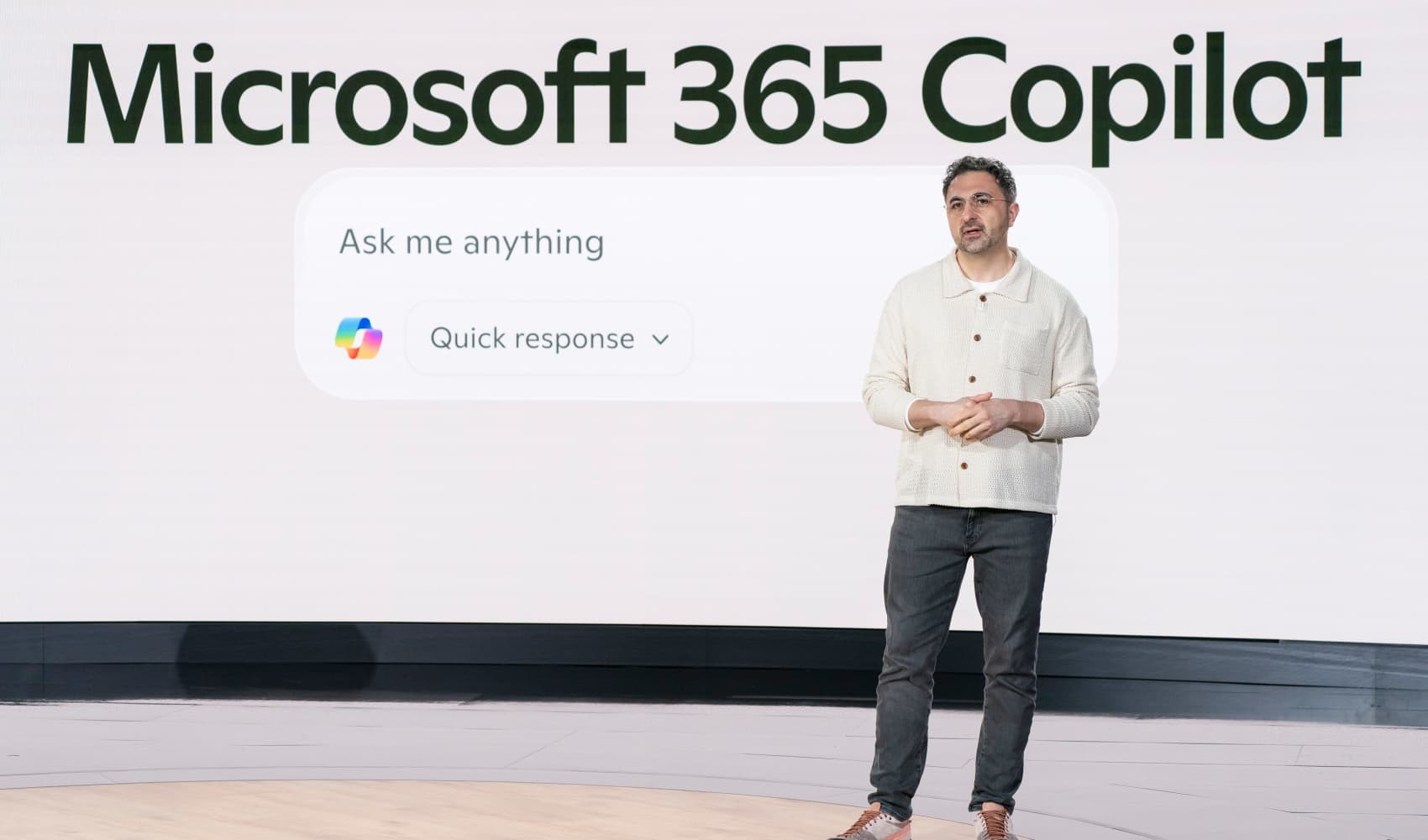
Jamal Robinson retired early from his U.S. tech career at age 39 and now lives in Dubai.
Jamal Robinson has come a long way in his career.
He got his first job when he was 14 working as a church janitor; by high school, he worked in fast food and earned $5.15 an hour, the federal minimum wage at the time.
It was around that time Robinson decided he wanted to figure out a way to retire as early as possible. And last year, at age 39, Robinson reached his goal with $3.5 million socked away.
His goal to retire early fueled his career of maximizing his value in the workforce, changing careers and negotiating higher pay. Here's how.
$5.15 an hour to $1.1 million a year
Robinson, now 40, continued to work fast food jobs through college while studying computer engineering at Tennessee Tech.
After graduating, he began his career working for power and energy companies.

For his very first job after college, Robinson says he was offered a position at roughly $32,000 per year.
Money Report
Get a weekly recap of the latest San Francisco Bay Area housing news. Sign up for NBC Bay Area’s Housing Deconstructed newsletter.
But after doing some research on his industry, "I thought that it was extremely low because I knew that the average engineer was making $54,000," Robinson tells CNBC Make It.
He asked the HR representative for the reasoning for the salary, mostly out of curiosity, and ended up successfully negotiating it upward.
"I sent an email back to the person saying, 'What's going on here? The average person [in this role] makes $54,000. They immediately responded and offered me $10,000 more," Robinson says.
It wasn't the high end he was expecting, but it was Robinson's first job out of college and he now had room to grow into a higher earning potential. Plus, it was a meaningful bump from the original offer.
"That lesson always stuck with me — that it's extremely important to negotiate your salary," Robinson says. "Just one email led to $10,000 more. And throughout most of my career, I have always aggressively negotiated."
Robinson also asks his peers what they're making and what people above him say is the growth potential for a certain path. "Sometimes I've just flat out asked 'Hey, how much are you making?' So that way I can make sure that I was fairly compensated."
As he grew in his tech career and worked alongside high earners, "I would just always ask [financial] questions, and be really deliberate and take advantage of the opportunity of the minds that I had around me that had accomplished more and had been older," Robinson says.
How he made himself 'as valuable as possible'
Robinson's work ethic paid off, and his earning power skyrocketed once he broke into tech in 2013. He recommends that people who want to change careers into tech be open to joining a startup, like he did.
"They typically will take someone regardless of your experience," Robinson says. "They just want somebody that's excited and willing to work on the technology."
The job, and the connections he made at his first startup, led him to bigger and more lucrative opportunities with major names like IBM, Amazon, Intel, Microsoft and others.
His pay steadily increased for a few years until he made a big jump from $135,000 to $225,000. His salary then leapt to $400,000, then to $727,000, "and then after that I went to north of $1 million," he says.
Throughout his career, Robinson made an effort to sharpen his skills and increase his market value for employers, like by getting an MBA, earning nine certifications and eventually focusing his expertise in artificial intelligence — just as AI skills have become more in-demand and more lucrative.
"I always kept my eyes open for new opportunities," he says. "I also made sure that I was as valuable as possible."
By 39, Robinson was a tech executive specializing in generative AI and earning $1.1 million a year.
Robinson retired last year once he realized his $3.5 million in savings and investments would be enough to live off using principles of the 4% rule, which states that you should be able to comfortably live off of 4% of your investments in your first year of retirement, then adjust that number each year for inflation.
Want to earn some extra money on the side? Take CNBC's new online course How to Start a Side Hustle to learn tips to get started and strategies for success from top side hustle experts. Sign up today and use coupon code EARLYBIRD for an introductory discount of 30% off $97 (+taxes and fees) through April 1, 2025.
Plus, sign up for CNBC Make It's newsletter to get tips and tricks for success at work, with money and in life.






